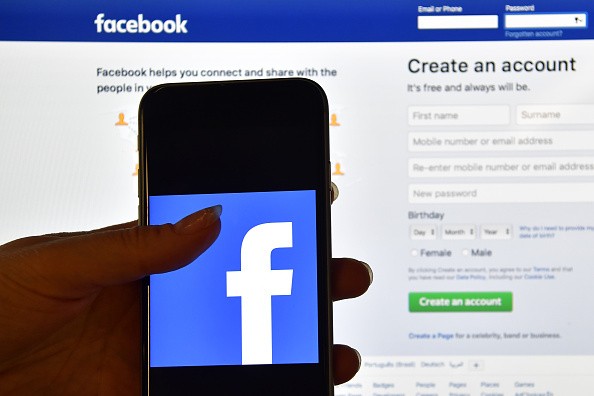Facebook phishing scams are now becoming more rampant in the popular social media platform. There are more than 90 billion users who rely on FB to message their friends and families.

They also use Facebook to check the latest important happenings across the globe. Because of its rising numbers of consumers, the social media platform also attracts more cybercriminals.
This can be seen in the new method used by phishing campaigns.
Facebook Phishing Campaigns Now Use FB Quizzes!
According to CNET's latest report, Facebook phishing campaigns are now using the answers of consumers on some FB quizzes.

This manipulative hacking method is more efficient than other phishing techniques since it relies on the things that people commonly see on Facebook.
If you check the Facebook quizzes, you may notice that some of them are connected with the common security questions that Facebook requires you to answer.
Because of this, security experts now urge FB users to avoid answering Facebook quizzes. If you ever see some of these, then just scroll down and avoid answering them in the comment section:
- Nobody's first car was a Toyota. Prove me wrong!
- Name a movie you can watch over and over again.
- If you could go anywhere right now, where would you go?
- Who remembers their first-grade teacher? Let's celebrate our educators!
These are just some of the malicious FB quizzes you can encounter as you scroll on the social media platform.
Avoiding Facebook Phishing Attacks
Since phishing attacks on Facebook are now rising, consumers really need to be extra careful when interacting on social media sites.
If you want to protect your personal data, here are some of the tips you can follow:
- Always check the message's source before responding. If the account or contact is unknown, just ignore it.
- Avoid providing your sensitive information on Facebook. Remember, anyone can use FB, even cybercriminals.
- If the FB post or message has a lot of inconsistencies, then there's a high chance that it is a phishing attack.
Right now, Facebook is one of the social media giants usually targeted by hackers.
Recently, Forbes reported that the most impersonated online website in 2021 was Facebook.
Of course, the social media giant is still making efforts to prevent online attackers on its platform. Recently, Facebook joined the new U.K. anti-scam program.
On the other hand, Facebook Gaming was recently targeted by fake streamers.
For more news updates about Facebook and other online platforms, always keep your tabs open here at TechTimes.
This article is owned by TechTimes
Written by: Griffin Davis
ⓒ 2025 TECHTIMES.com All rights reserved. Do not reproduce without permission.




